Good morning, class.
I should tell you . . . I’m not always writing about what other people have written. I feel like I’m doing a good enough job reviewing the 50 Books to Read Before You Die (you’d tell me if I wasn’t, right?)—but my writing talents aren’t limited to book reviews. I’ve written my fair share of poetry, for instance, and a handful of those poems have even been published. And today, I’d like to lend a bit of credibility to my own writing—by sharing some poetry, of course!
I’ve picked three of my poems to share, with a bit of commentary for good measure. Enjoy!
Consider the Ravens
Regarding musical thoughts . . . consider
The difference between thoughts and the ones who
Think them.
Through meticulous study, through
Expression, we thinkers rage and condemn
Stark thoughtlessness.
To impose on mayhem,
Order—that is our aim, our daily stress,
Our pang-laden dreamscape.
If we should guess,
God might be mayhem—leaves stretched in no shape
While we stand mean on wrathful roots.
That scrape,
Which our thoughts brace against the gentle fruits
Of our bodies and spirits, is music.
Consider the ravens—thoughtless and whole,
Scolding our scrape with their symphonic squall.
“Consider the Ravens” comes from a Bible passage, Luke 12:24, which can be boiled down do a pretty simple concept—birds don’t worry about anything and are fed nonetheless; you shouldn’t worry either. This verse always seemed to be aimed at me—the proof that I shouldn’t worry too much because God tells me everything will be alright. But worrying seems to be something the animal kingdom doesn’t suffer from all that often. Humans, on the other hand, worry all the time—it’s how we improve, how we change, how we challenge the status quo, and most importantly, how we make art, literature, and music. Our worry is what makes us seek perfection, and we’ll never reach it but never stop seeking it either, and that back and forth is sort of the secret to humanity.
I liked how this poem turned out, especially the rhyme scheme. This is a sonnet, but it’s been broken places that give it a different feel without becoming unbalanced. It looks like chaos, but it’s more like rearranged order, and I’m proud of that.
Campfire
A Crack
And a faint Echo.
He Snaps the branches,
Here a hard wrist twisting and there a swift foot stomping,
With a surge of Crunch and Crackle—
Fingers careen down the bark, rough skin toppling twigs and leaves
That Clatter to the ground like debris.
Then, repetition:
Crack, Echo…
Snap, Crunch, Crackle, Clatter, Clatter—
Crack, Snap, Clatter,
Crack, Snap, Clatter.
He gathers, organizes, sets—
The overlapping wood,
The hodgepodge twig-pile,
The leaves, crushed and stuffed—
All in a cube—a prison of bark.
He isn’t alone—poking out of his pockets are the fire-starters of the unnatural world:
Old newspaper,
Weeks of collected dryer lint,
And the protruding metal stem of a blood-orange barbeque lighter.
There’s an accompanying Snap.
Another Snap.
Another Snap—and then a Crack, and a spark.
A flicker appears—a teardrop of light—
And it buds into two,
Produces four, reproduces eight,
And becomes a living flame,
While a column of smoke explores the air.
Lint catches, newspaper blackens, leaves curl, wood peels,
And the bark settles into its pit.
The light swims across his hard eyes
As he surveys his work—he is calculating, probing, observing, listening . . .
He protectively prods the creature with a leftover branch.
His eyes soften. His shoulders settle.
He interlaces his fingers and Cracks
The air out of his knucklebones.
Then he sits in his foldable chair
And settles his arm on my shoulders.
Sylvia Plath’s poetry had a tendency to take something ordinary and describe it so poetically that it seemed strange and foreign. That was my approach here, and though I don’t think it turned out that way, the result was something so simple and rustic that I fell in love with it. It’s a scene around a campfire; the wood is collected, the fire brought chaotically to life, and the fire settling into a dependable flame.
I applied some of the regular poetic tricks—the metaphor of the fire as alive, the implication that the man is creating a living thing (almost parent-like), the destruction of the first half building to the creation of the second half, etc. I’m particularly proud of the use of sound . . . I’m typically more of a visual/verbal guy, and this is my attempt at capturing the noises of the scene as much as the visuals. You’ll notice the sound is mostly at the beginning, before the light becomes a factor in the scene (oooooo . . . meaning!!)
To Know a Man
I know a man as if from a strange dream. I know
His fervent voice, his sympathy, his charming face,
His internal adversity, and his true, whole
Story. Of few others can I claim such a bare
Knowledge; but my knowing is like a song I hear
In rare moments, when certainty guides my passion.
He wears a wooden mask, matching social passions
For etiquette’s sake—and with all I seem to know,
His mask, at times, fools even me. The voice I hear
Between the wooden lips of his fictitious face
Kindles in me an insobriety. I bear
It, if only to sense the more resonant whole.
I can sense harmony there, which resonates whole,
But seems built brutishly with divergent passions—
A series of conflicting fragments, never bare
But for the miracle of the harmony—no
One flaw exposed. This seemingly perfected face
Spoils any harmonic strain I would wish to hear.
But beyond these sounds is a voice I want to hear—
The voice of that man’s mind, trapped by the sullied whole
Of that harmonious character and that face
He shows the world. His mind speaks of different passions,
Of contrarian thoughts, of worlds I could not know,
And of dreams my spirit could only hope to bear.
Within the depths of such a hidden mind, he may bear
An ocean of knowledge, which deepens as it hears
The songs of others and swells as it comes to know
The strangeness of a senseless world, bursting with whole
Fragments of melodic, discordant compassion
That dares to flaunt itself at his fictitious face.
Beyond this hidden mind, and far beyond that face
Is, hopefully, some soul—a purity he bears
For entropy’s sake. This soul may guide his passions,
Divergent as they are, and may let his mind hear
Of love in the darkness we endure as a whole.
And beyond this soul dwells something no one could know . . .
. . . Perhaps some faceless, transparent eardrum that hears,
Perhaps, the whole human symphony, and that bears,
Perhaps, a passion for a man he hopes to know.
This one is more personal. There’s a man in my life who is hard to describe, but I used poetry and made an attempt—I left out the details and decided to describe my knowing him . . . the poem is less about the person and more about his closeness to me. He is a lot like me, and there’s a lot we know about each other, but the great obstacles of humanity keep us from knowing each other completely—I know him as he presents himself to me, but I don’t know his thoughts, his dreams, his soul . . . I can’t know those things. I can tell there are things about him that I can know, even without proof, because I like to think he is like me in that way—he wants to know me as much as I want to know him, and through that, we begin to know each other more deeply.
This poem is in the form of a sestina—a long and repetitive form that uses the last word in each line over and over again in different, predictable patterns. Using this form is a great way to tackle the kind of subject that is hard to convey in fewer words—the kind of subject that needs a variety of approaches in order to make sense, or that attempts to capture a concept in its totality, from all angles. It doubles back quite a bit, but I think it gets the point across, and of that I am happy.
I’m finishing up Martin Amis’ novel Money: A Suicide Note, so that’s what I’m writing about next. I’ll be honest, I am not at all thrilled by it—there’s a lot that makes it unlikable, uncomfortable, and unnecessary. I’ve got a few ideas about why it made the list, but I’m not sure that any of those reasons made it actually worth my time. In any case, I’ll try to write as unbiased a blog post about Money as possible.
Until then,
Prof. Jeffrey
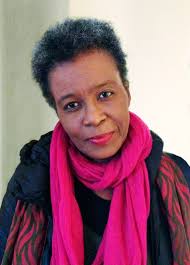

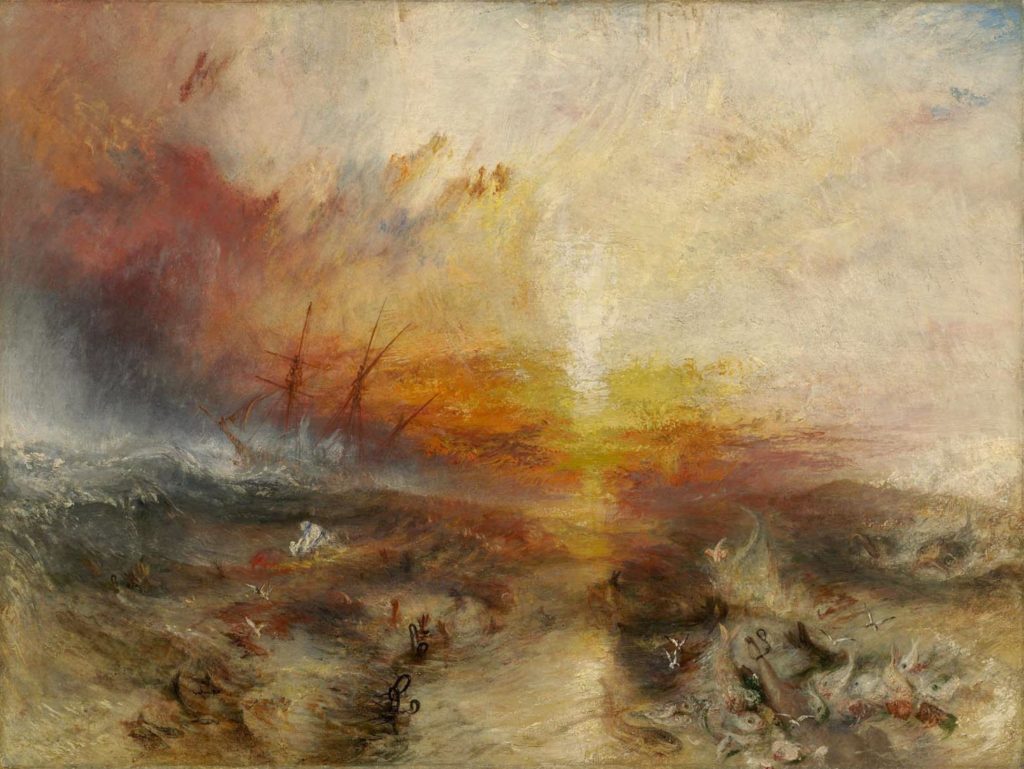
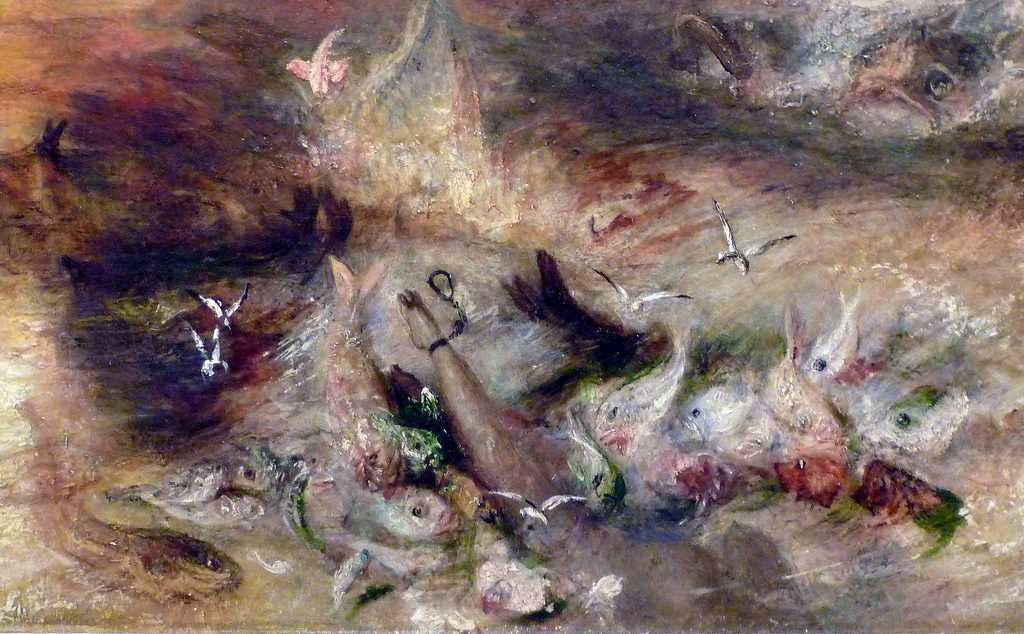
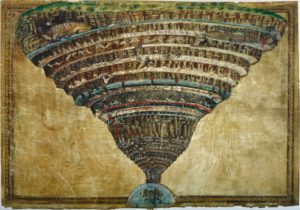
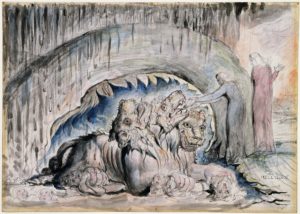
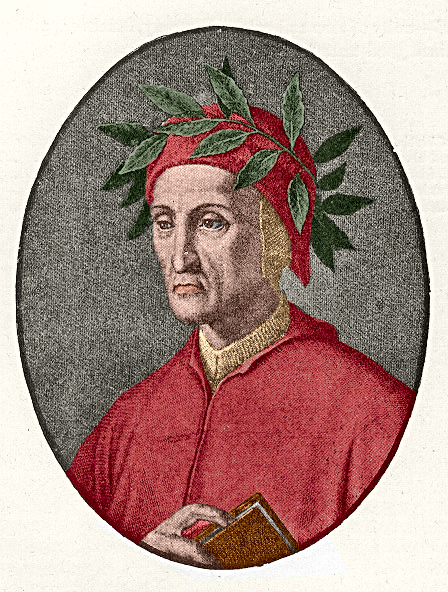
Recent Comments